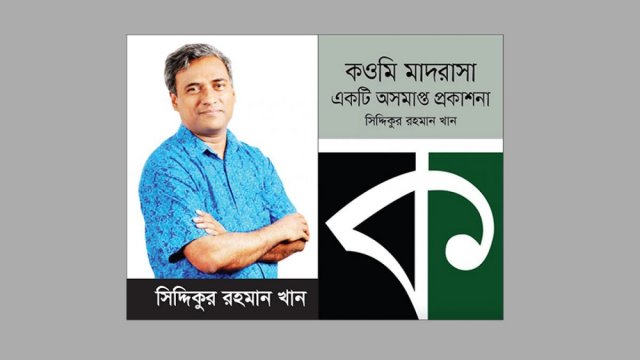The education system in Bangladesh is reeling under privatisation as the numbers of public educational institutions and the students there did not grow as expected.
Senior educationists observed that the cost of education increased due to the huge number of private educational institutions at all levels of education, especially at the post-primary level.
Due to different discriminations, including low salaries for teachers, few training facilities, and other facilities for the development of institutions, the quality of education is poorer in the private ones compared to the public ones, they said.
Educationists urged the authorities concerned to make education free for all until Class VIII and nationalise more private ones to ensure quality education.
‘We dreamed that the state would take responsibility for education for all until secondary level,’ said Dhaka University professor emeritus Serajul Islam Choudhury.
Instead, undesirable competition for privatisation gripped the education system, he said.
According to the Bangladesh Bureau of Educational Information and Statistics, the country had 35,429 post-primary educational institutions, from secondary schools to universities, in 2011.
They include 1,017 public and 34,412 private institutions, with 18,54,799 and 1,19,40,063 students, respectively.
In 2023, the number of public post-primary educational institutions rose to 2,198 and that of private institutions to 37,590. They have 42,64,203, and 1,49,52,058 students, respectively.
In 2011, the number of government primary schools was 37,672 with 99,04,254 students, and the number of private schools was 41,013 with 70,53,640 students.
The number of government primary schools rose to 65,565 in 2023 with 1,19,95,222 students, and the number of private schools rose to 48,974 with 85,50,869 students, according to BANBEIS.
There is no data about the number of Ibtedayi madrassahs, which are all private.
Sheikh Mohammad Alamgir, Chief of the Statistical Department in BANBEIS, told New Age on Tuesday that in 2015 they found the number of such madrassahs to be 15,000.
‘Currently, this number could be between 30,000 and 35,000,’ he said.
Serajul Islam Choudhury said that though the number of Ibtedayi madrassahs grew significantly, the quality of education did not increase.
He made a similar observation about private universities.
‘All private universities do not provide quality education, while some private universities are very expensive,’ he said.
As students do not get a chance to get enrolled in public educational institutions, they take admission in private ones, he added.
Dhaka University Institute of Education and Research professor M Tariq Ahsan said that globally, the education system maintains a balance between public and private educational institutions.
‘But in a country like ours, where not many people can afford private education, the number of public educational institutions should be higher. It will help reduce discrimination,’ he said.
Tariq, also a member of the National Curriculum Development and Revision Core Committee, said that compared to public institutions, and private educational institutions, teachers get a lower salary and little training.
‘In cases of training, teachers under the government and the monthly pay order system get priority,’ he said. ‘Public institutions also get different facilities from different government funds.’
As private institutions cannot avail of these facilities, it affects the quality of education, he said.
As primary education is mandatory in the country, he suggested the nationalisation of all primary-level educational institutions.
BRAC University professor emeritus Manzoor Ahmed observed that the government was committed to mostly mandatory primary education, though the Qudrat-e-Khuda Education Commission report in 1974 and the National Education Policy in 2010 recommended making education mandatory until Class VIII.
‘Currently, the number of educational institutions has increased, but we also have to look at the quality of education,’ he said.
Manzoor also observed that the cost of education was increasing.
An Education Watch Study 2023, published in March, revealed that in the first six months of 2023, education expenses at the primary and secondary levels increased by 25 per cent and 51 per cent respectively, mainly due to private tutoring and the purchase of commercial guidebooks and notebooks.
Education Watch chairman Qazi Kholiquzzaman Ahmad was unwilling to call educational institutions under MPO facilities private institutions.
‘These are essentially public institutions,’ he said.
The educationist observed that the quality of education was poor in both public and government-supported educational institutions.
‘The situation is relatively poorer in government-supported educational institutions due to a lack of monitoring by the government,’ he said.source: newage





